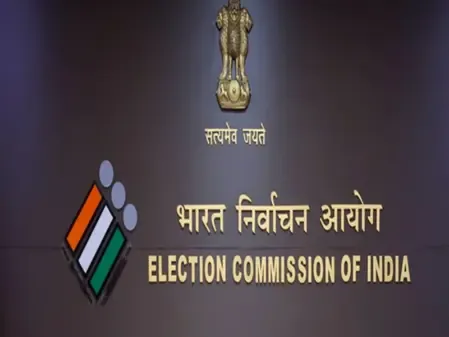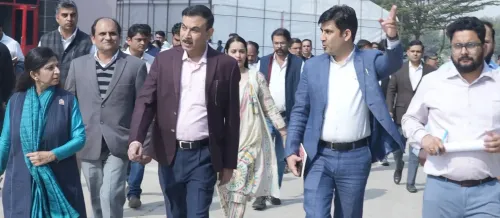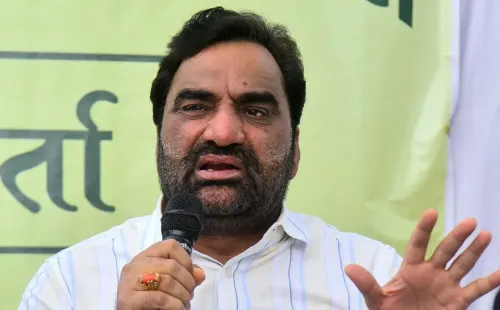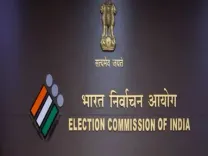What led to ED's Mumbai drug bust and the collapse of a shell empire?
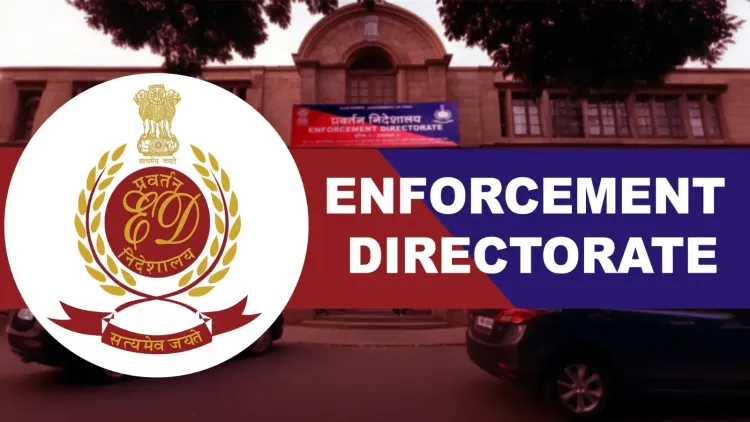
Synopsis
Key Takeaways
- ED's operation dismantled a major drug syndicate.
- Rs 42 lakh in cash and luxury vehicles were seized.
- Shell companies used for laundering drug profits were uncovered.
- Key suspects include Faisal and Alfiya Shaikh.
- Investigation reveals links to international trafficking networks.
Mumbai, Oct 10 (NationPress) In a significant strike against Mumbai's clandestine underworld, the Enforcement Directorate (ED) has successfully dismantled a complex drug syndicate, confiscating Rs 42 lakh in unaccounted cash, luxury BMWs, and revealing a network of shell companies allegedly channeling over Rs 100 crore in profits from narcotics.
The raids conducted on October 8, under the Prevention of Money Laundering Act (PMLA), 2002, focused on nine pivotal locations across the city, uncovering a multi-layered operation that intertwined street-level selling with international hawala networks.
At the center of this operation are Faisal Javed Shaikh and his spouse Alfiya Faisal Shaikh, a notorious pair accused of leading the distribution of MDMA, commonly referred to as ecstasy, sourced directly from the notorious drug kingpin Salim Dola, as stated by the agency.
The couple, alongside their accomplices Ashik Varis Ali and Nasir Khan, reportedly turned Mumbai's nightlife into a lucrative black market, smuggling and distributing the synthetic stimulant to affluent partygoers and underground circles. Faisal, a repeat offender, had briefly tasted freedom after obtaining bail in a previous case but was swiftly rearrested under the strict Prevention of Illicit Traffic in Narcotic Drugs and Psychotropic Substances Act (PIT-NDPS) for violating conditions and resuming his illicit activities.
ED officials, acting on intelligence from the Narcotics Control Bureau (NCB), executed their operation with surgical precision.
The seizures were staggering; stacks of Rs 42 lakh in cash hidden in plain safes, three pre-owned luxury sedans—including two BMWs—allegedly gifted through benami transactions, and a digital trove of encrypted devices, laptops, and falsified ledgers. One bank locker was promptly frozen, along with multiple accounts filled with suspicious transactions. Property deeds pointing to extravagant purchases in suburban areas further highlighted a lifestyle financed by misery.
However, the true shockwave emerged from the financial examinations. Investigators unearthed layers of deception to unveil a network of ghost companies—entities with no employees yet billions in fictitious transactions. These firms orchestrated outward remittances to obscure overseas accounts, potentially layering drug revenues through trade-based money laundering and hawala corridors extending to the Middle East and beyond.
This investigation, an extension of the NCB's ongoing FIR, traces the syndicate's forward and backward linkages—from sourcing raw materials in hidden labs to end-user sales in Mumbai's bustling clubs. Rewards are now being offered for tips leading to Faisal's recapture, as authorities caution of deeper connections to transnational cartels. Critics, however, question whether this represents genuine progress or is merely a superficial effort against India's narco-economy, which claims countless lives each year through addiction and violence.
As forensic accountants meticulously analyze vast amounts of data, the ED pledges an unyielding pursuit. Seized assets face provisional attachment, and prosecutions loom under the strict PMLA, potentially leading to sentences of up to 10 years in prison and asset forfeiture.



